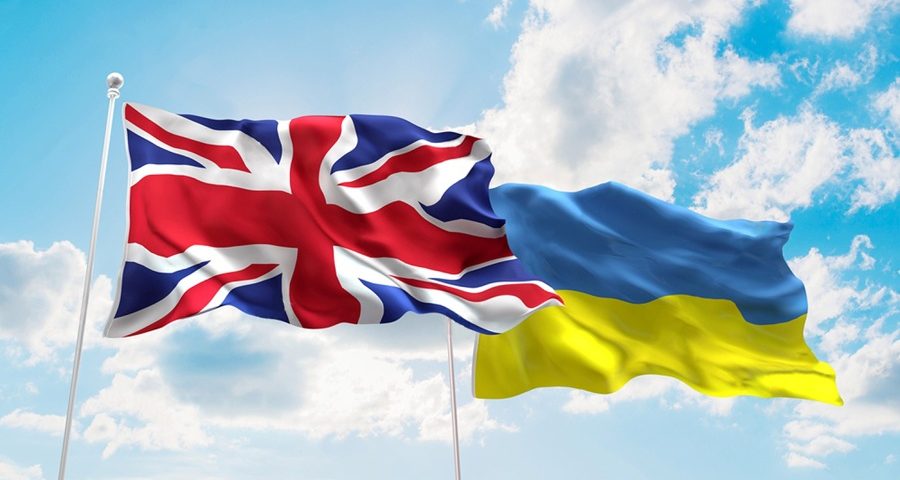Doing business

The United Kingdom of Great Britain and Northern Ireland has consistently supported Ukraine in its efforts to defeat the russian aggressor. For this, London provides Kyiv with military, humanitarian and financial assistance, the total amount of which, according to the British Parliament, has amounted to more than $16 billion since the full-scale invasion by russia.
The country remains one of the leading donors of military assistance. In 2024, the UK continued to provide significant support to Ukraine in its fight against russian aggression and plans to increase its support in 2025. This includes the provision of new weapons, additional funds and defence industry support.
London continues to actively impose sanctions on the russian federation in response to its aggression against Ukraine and other international violations. These restrictions are aimed at weakening the russian military-industrial complex and limiting the russian ability to wage war. In total, since the beginning of the full-scale invasion by russia in Ukraine, the UK has imposed sanctions on more than 1800 individuals and entities. These measures include asset freezes, travel bans and restrictions on exports of goods and technology to russia that could be used for military purposes.
On January 12, 2024, Ukraine and the United Kingdom signed a Security Cooperation Agreement, the first in the framework of the Joint Declaration of Support for Ukraine signed by the Group of Seven (G7) countries in July 2013.
On the second anniversary of the full-scale russian invasion, the United Kingdom has provided $11 million in humanitarian funding to the International Red Cross Movement and the Humanitarian Fund for Ukraine. These funds are aimed at supporting the most vulnerable people and responding to emergencies.
In September 2024, during a visit to Kyiv, David Lammy, the Foreign Secretary of the United Kingdom, announced a new package of financial assistance to Ukraine totalling more than $780 million. This included $484 million to support vital public services, including keeping schools and hospitals open, paying civil servants’ salaries and funding pensions.
London has also provided Ukraine with emergency funding of $45.5 million to restore energy infrastructure and support the most vulnerable.
The UK government has announced a new £500 million (approximately $617 million) military aid package for Ukraine. It includes 60 ships, more than 1,600 strike and anti-aircraft missiles, more than 400 vehicles, including 160 Husky tactical vehicles, and almost 4 million rounds of small arms ammunition.
In addition, the UK has announced a loan of £2.26 billion (about $2.93 billion) to Ukraine to purchase necessary military equipment. The loan is to be repaid from the proceeds of frozen russian assets.
The United Kingdom continues to actively train Ukrainian military personnel, with 51,000 Armed Forces of Ukraine soldiers having already been trained. This programme will continue until at least the end of 2025, demonstrating the UK’s unwavering commitment to supporting Ukraine.
In August 2024, the Verkhovna Rada of Ukraine ratified an agreement extending duty-free trade between Ukraine and the UK until March 31, 2029. This decision will help to increase exports of Ukrainian goods with high added value, such as flour, grain, dairy products, poultry etc.
The United Kingdom remains an important trade partner of Dnipropetrovsk region. The high level of partnership is evidenced by the bilateral analysis of external activities.
British companies are most interested in ferrous metals and ferrous metal products, electrical machinery, railway equipment, etc. According to the results of 2023, the export volume of goods from Dnipropetrovsk region was $24.6 million, up 2.5 times compared to 2022.

53 enterprises in Dnipropetrovsk region exported their products to the UK market, including metallurgical, machine-building, processing and agricultural companies.

Imports of goods from the UK to Dnipropetrovsk region increased by 72.7% to $48.9 million.

In turn, 240 importing companies in the region bought British goods, namely alcoholic and non-alcoholic beverages, pharmaceuticals, land transport vehicles, etc.

Import operations were mainly carried out by processing industry enterprises, pharmaceutical and trading companies.
Source: information for the article was taken from open online resources